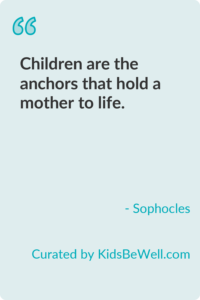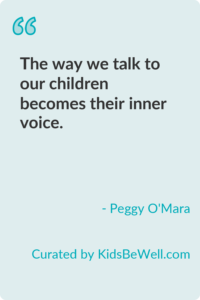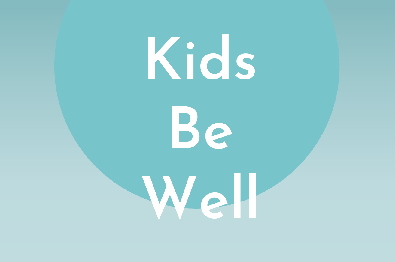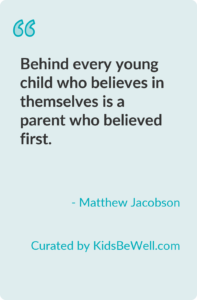In a world full of words and gestures, sometimes the simplest act can have the most profound impact. A hug, something so natural yet powerful, plays a significant role in shaping a child's emotional development. The quote, “Every hug you give is a chapter in your child’s story of love,” beautifully captures the importance of physical affection in nurturing the bond between a parent and a child.
The Power of a Hug in Child Development
A hug is not just a gesture of comfort; it is an expression of love that can profoundly impact a child's emotional and physical health. When you wrap your arms around your child, you provide more than just warmth — you offer security, reassurance, and a sense of belonging. This simple act can make all the difference in how a child perceives themselves, their relationships, and the world around them.
Research shows that physical affection, like hugging, promotes the release of oxytocin, the "love hormone," which strengthens emotional bonds and reduces stress. Oxytocin helps children feel safe, secure, and loved, fostering a sense of trust and emotional stability.
Building Emotional Resilience Through Hugs
Hugs do more than comfort children when they're upset or anxious. They also help build emotional resilience. When a child feels loved and supported, they are better equipped to face life's challenges, whether it's a tough day at school, a disagreement with a friend, or learning something new. The constant reassurance that comes from physical affection helps children develop emotional regulation skills, allowing them to process their feelings in healthy ways.
Each hug is like a building block that contributes to the foundation of emotional resilience. The more often a child receives love and comfort through physical affection, the more secure they feel in their emotional world. This sense of emotional safety is crucial for developing self-esteem and confidence.
A Hug’s Role in Strengthening Parent-Child Bonds
Every hug shared between a parent and child also strengthens their relationship. Parenting is not just about providing for a child's physical needs — it’s about being present and emotionally available. Physical touch, such as hugging, signals to a child that they are loved, valued, and cherished. These moments of affection create a deep emotional connection that fosters trust and communication between parent and child.
When children feel loved and supported, they are more likely to approach their parents with their worries, joys, and challenges. This creates an open channel for communication, allowing parents to be more involved in their child's emotional growth.
Hugs as a Way to Teach Empathy and Compassion
Hugs also play a role in teaching children empathy and compassion. Through the act of hugging, children learn to understand the emotions of others and respond with care. This physical expression of love shows children the importance of being sensitive to the feelings of others and of offering comfort when needed. It’s an important lesson that helps children develop a strong sense of empathy and compassion, which are vital traits for building healthy relationships throughout their lives.
Hugs and Long-Term Emotional Health
The emotional foundation created through regular physical affection has lasting effects on a child’s long-term well-being. Studies have shown that children who receive consistent love and care through physical touch are more likely to develop healthy social relationships, exhibit higher self-esteem, and have better mental health outcomes as they grow older.
These hugs, which start as simple acts of love in childhood, form a lifetime of emotional support. As children grow into teenagers and adults, the feelings of security, warmth, and unconditional love they experienced through physical affection remain with them, providing a strong emotional base to navigate life's ups and downs.
Conclusion: Every Hug Counts
As a parent, every hug you give your child is a meaningful chapter in their story of love. These moments of physical affection, while simple, are transformative in shaping their emotional development. Each hug adds to the foundation of trust, love, and security that allows children to grow into confident, compassionate, and resilient individuals.
So, next time you embrace your child, remember that you are not just offering comfort in that moment; you are contributing to a lifelong story of love that will help guide them through every challenge they face. Each hug is a reminder that they are loved, valued, and always supported, no matter what life may bring.












